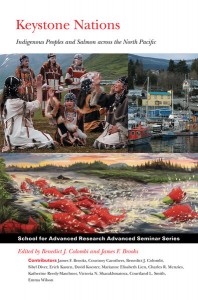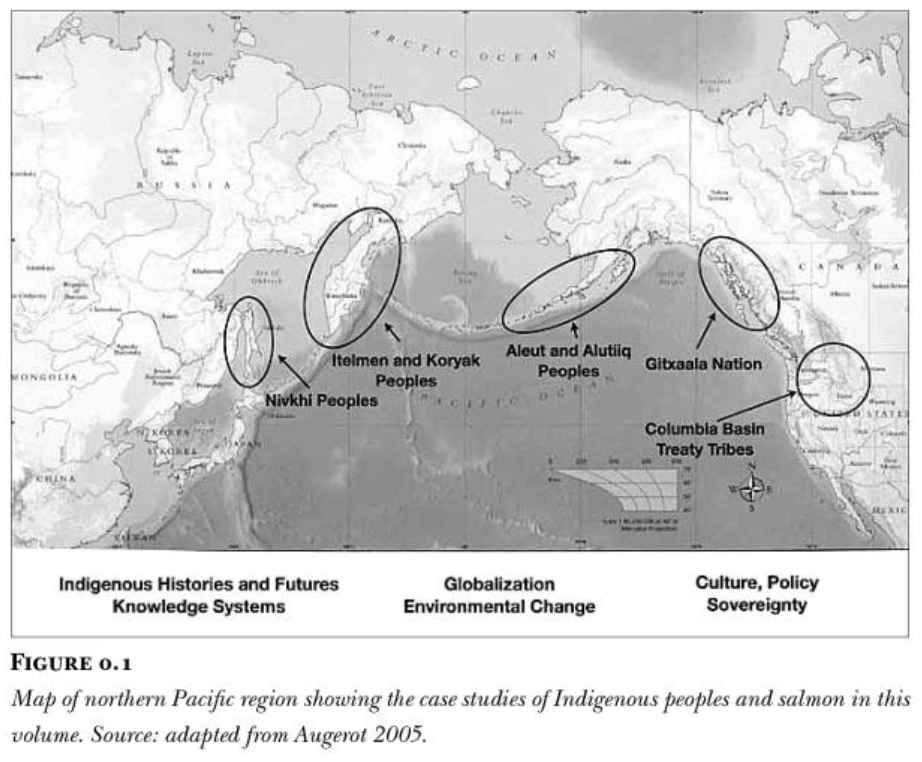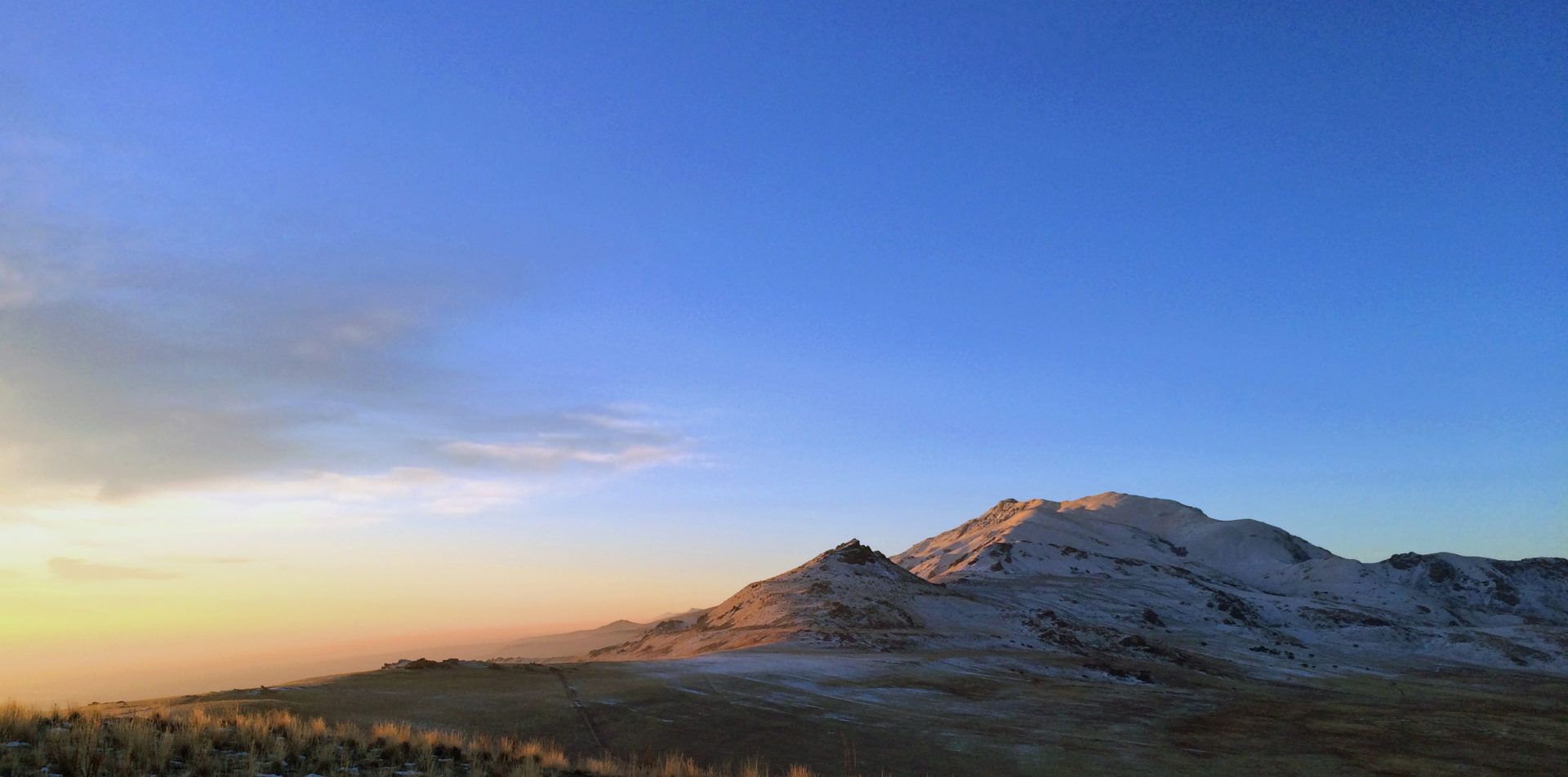 Keystone Nations: Indigenous Peoples and Salmon Across the North Pacific, edited by Benedict J. Colombi and James F. Brooks, thematically hit on so many of my interests that I couldn’t help but get my hands on it. As I have mentioned before, I I love scholarship that takes old topics and revitalizes them by approaching them from unanticipated angles. This anthology does so on many levels. It combines environmental and indigenous histories – which I love – but then adds the transnational/transcontinental/transoceanic layers by looking at the topic from both sides of the North Pacific.
Keystone Nations: Indigenous Peoples and Salmon Across the North Pacific, edited by Benedict J. Colombi and James F. Brooks, thematically hit on so many of my interests that I couldn’t help but get my hands on it. As I have mentioned before, I I love scholarship that takes old topics and revitalizes them by approaching them from unanticipated angles. This anthology does so on many levels. It combines environmental and indigenous histories – which I love – but then adds the transnational/transcontinental/transoceanic layers by looking at the topic from both sides of the North Pacific.
Genius.

The content stems from a 2010 seminar hosted by the School for Advanced Research in Santa Fe, and chapters cover indigenous fishing cultures, resource management, historical memory, contemporary issues of tribal sovereignty and development sustainability, global capitalism, etc…the list goes on. Many of these indigenous environmental topics are familiar, even in the context of salmon, but introducing examples from across the Bering Strait in the Russian northeast is so refreshing. Salmon don’t respect national boundaries, let alone continental boundaries, and viewing them as a mobile resource that draws the North American NW and Russian/Asian NE into dialog is so fascinating. I would heartily endorse this anthology for courses in environmental or indigenous history…or others.
As is often the case with anthologies, and transnational anthologies in particular, I do have a familiar complaint. As a whole, the collection traverses borders and boundaries, but many of the individual pieces are singular in their focus. I think this speaks to the ever-present challenge of comparative research. This anthology is comparative in scope and coverage, but not necessarily in active methodology.
Unfortunately, I suspect there are precious few scholars with the requisite Russian+Indigenous language skills to tackle the direct trans-Bering Strait comparative scholarship I’m thirsting for.
In any case, check this one out!
And…I think I’m going to go grill some salmon tonight.
